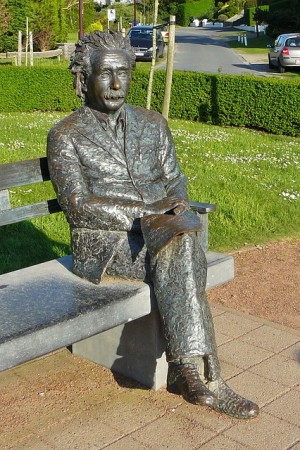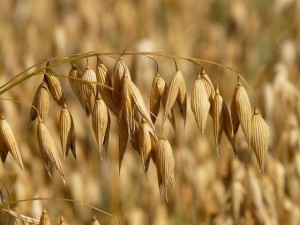to be in doubt, to have doubts ![]()
[verb]
[dub-ben, dub-de, ge-dubd]

"Dubben" has nothing to do with "dubbing a movie", which would be "nasynchroniseren" in Dutch. ("Dubbing" is, by the way, never done in the Netherlands, except for some commercials and children’s movies, but in case of the latter you can still see the original if you want). "Dubben" is a bit informal and usually does not imply a strong doubt.
Examples:
– "Heeft Frank al een flatscreen gekocht?" – "Misschien, maar volgens mij dubt hij er nog over."
("Has Frank already bought a flatscreen tv?" – "Maybe, but I think he is still in doubt.")
– "Sander is aan het dubben of hij wel of niet een auto moet huren in Engeland."
("Sander has doubts whether or not to rent a car in England.")
– "Waar wacht je op?" – "Niks, ik dub nog een beetje, dat is alles."
("What are you waiting for?" -"Nothing, I’m still a bit in doubt, that is all.")
– "Anne-Liesbeth heeft lang gedubd of ze verlof zou nemen, maar uiteindelijk heeft ze het gedaan."
("For a long time Anne-Liesbeth was in doubt whether or not to take leave, but eventually she did it." Note the relationship between the Dutch word "verlof" and the English "furlough". Also note that Dutch people often say "eventually" when they mean "possibly" or "potentially" (which can translate to "eventueel" in Dutch).)
Related words:
– Twijfelen: to be in doubt [verb] [twijfelde, getwijfeld].
– Aarzelen: to hesitate [verb] [aarzelde, geaarzeld].
– Betwijfelen: to doubt (something) [verb] [betwijfeld, betwijfeld].
Example:
– "Zal Frank vandaag op tijd zijn?" – "Nou, ik betwijfel het ten zeerste!"
("Will Frank be on time today?" – "Well, I seriously doubt it!")

 “Geniaal” is linked to “genius” (“genie” in Dutch) and has always been used in the sense of “highly-gifted” people. A synonym of “geniaal” is “hoogbegaafd” (literally: “highgifted”). You can also use the word to describe ingenious ideas, events, people, jokes, food, places etc..
“Geniaal” is linked to “genius” (“genie” in Dutch) and has always been used in the sense of “highly-gifted” people. A synonym of “geniaal” is “hoogbegaafd” (literally: “highgifted”). You can also use the word to describe ingenious ideas, events, people, jokes, food, places etc.. “Haver” translates to “oat(s)”. “Klap” literally translates to “blow”. A “haverklap” was probably something like a handful of straw, which was considered a small, trivial thing. “Om de haverklap” hence meant something like “at the point of a trivial thing”: every moment, at the merest trifle.
“Haver” translates to “oat(s)”. “Klap” literally translates to “blow”. A “haverklap” was probably something like a handful of straw, which was considered a small, trivial thing. “Om de haverklap” hence meant something like “at the point of a trivial thing”: every moment, at the merest trifle.
